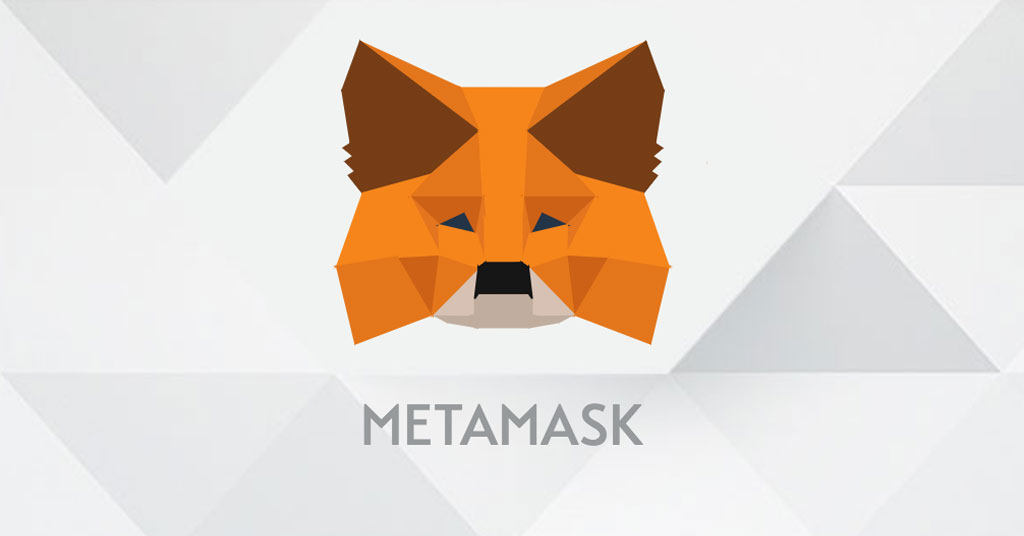In the rapidly evolving landscape of digital finance, crypto wallets have emerged as indispensable tools for managing, securing, and transacting with cryptocurrencies metamask extension. Whether you are a seasoned investor or a curious newcomer, understanding the fundamentals of crypto wallets is key to navigating the world of blockchain and digital currencies. This article explores what crypto wallets are, the different types available, their key features, and best practices for securing your digital assets.
What is a Crypto Wallet?
At its core, a crypto wallet is a digital tool that allows users to store, send, and receive cryptocurrencies. Unlike traditional wallets that store physical money, crypto wallets do not hold currencies directly. Instead, they store the cryptographic keys—namely, the public and private keys—that provide access to your blockchain-based assets.
- Public Key: Think of it as your bank account number. It’s shared publicly and is used to receive funds.
- Private Key: This is the secret code that proves ownership and is used to authorize transactions. The security of your crypto assets heavily depends on keeping your private key confidential.
How Crypto Wallets Work
Crypto wallets interact with blockchain networks, where cryptocurrencies operate. When a transaction is initiated, the wallet signs the transaction with the private key, broadcasting it to the network for verification. Once confirmed by the network’s consensus mechanism, the transaction is added to the blockchain, ensuring transparency and security.
Key components include:
- Address Generation: Wallets generate unique addresses based on your public key. Each address acts as a destination for cryptocurrency transactions.
- Transaction Management: Wallets help manage the transaction process, including initiating, signing, and broadcasting transactions.
- Balance Tracking: They allow users to monitor their balances by querying the blockchain for transaction history linked to their addresses.
Types of Crypto Wallets
Crypto wallets come in various forms, each offering different levels of security, convenience, and accessibility. Here’s a breakdown of the main types:
1. Hardware Wallets
Hardware wallets are physical devices that store private keys offline, making them highly secure against online threats. They are ideal for long-term storage of significant amounts of cryptocurrency. Examples include Ledger Nano S, Ledger Nano X, and Trezor.
- Pros: High security, protection against malware and hacking.
- Cons: Can be expensive, slightly less convenient for frequent transactions.
2. Software Wallets
Software wallets are applications or programs installed on your computer or mobile device. They can be further classified into:
- Desktop Wallets: Installed on a personal computer, these wallets provide robust security features and are suitable for users who prefer managing their assets on their own devices.
- Mobile Wallets: Designed for use on smartphones, mobile wallets offer convenience for everyday transactions. They often include additional features such as QR code scanning for quick payments.
- Web Wallets: Accessible through web browsers, these wallets store your keys online. While they offer ease of use and accessibility, they may be more vulnerable to phishing attacks and other security risks.
3. Paper Wallets
A paper wallet is a physical document that contains your public and private keys, often in the form of QR codes. They are considered highly secure when generated and stored properly, as they are completely offline. However, they are susceptible to physical damage and loss.
- Pros: Immune to online hacking.
- Cons: Risk of physical damage, less convenient for regular transactions.
4. Custodial Wallets
Custodial wallets are managed by third-party services, such as cryptocurrency exchanges or specialized wallet providers. While these wallets offer ease of use, the private keys are controlled by the service provider, meaning you must trust them to secure your funds.
- Pros: User-friendly, convenient for beginners.
- Cons: Less control over your keys, increased risk if the custodian is compromised.
Key Features to Consider When Choosing a Crypto Wallet
Selecting the right crypto wallet depends on your individual needs, including security, usability, and the frequency of your transactions. Here are some essential features to consider:
- Security: Look for wallets that offer robust security features such as multi-factor authentication (MFA), biometric security, and secure key storage methods.
- User Interface: A simple, intuitive interface can make managing your crypto assets easier, especially for beginners.
- Backup and Recovery: Ensure that the wallet offers reliable backup and recovery options, such as seed phrases or recovery keys, to restore access in case of device loss.
- Compatibility: Check if the wallet supports multiple cryptocurrencies if you plan to diversify your portfolio.
- Open Source vs. Proprietary: Open-source wallets allow the community to review the code, potentially increasing security through transparency, whereas proprietary wallets might offer dedicated support and unique features.
